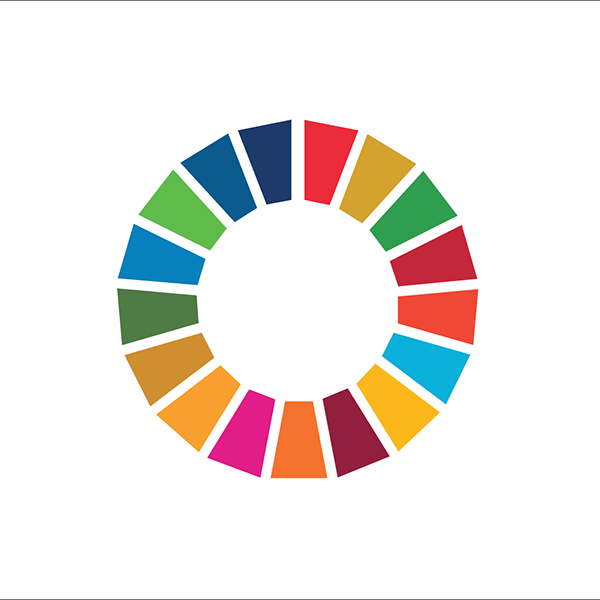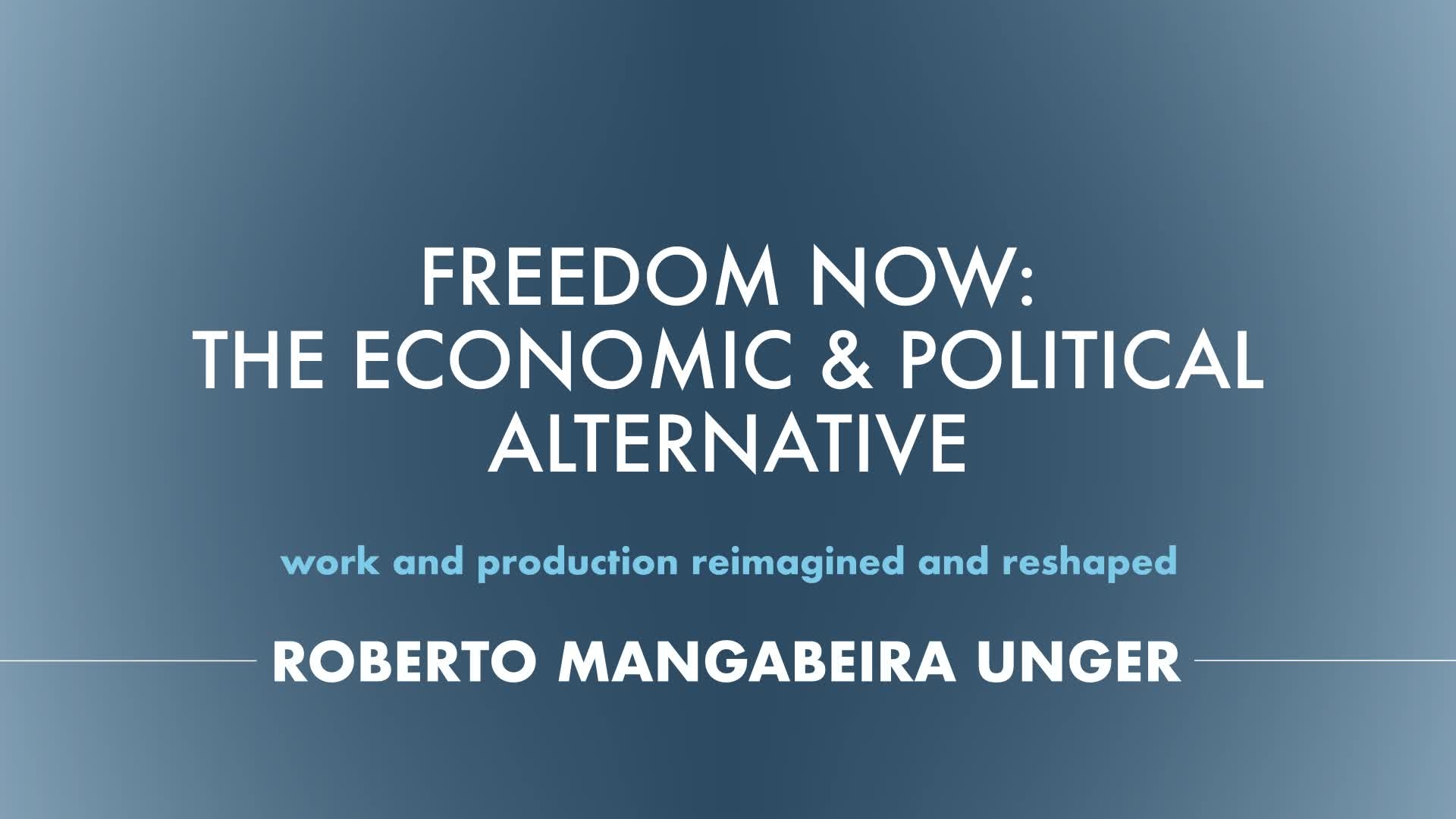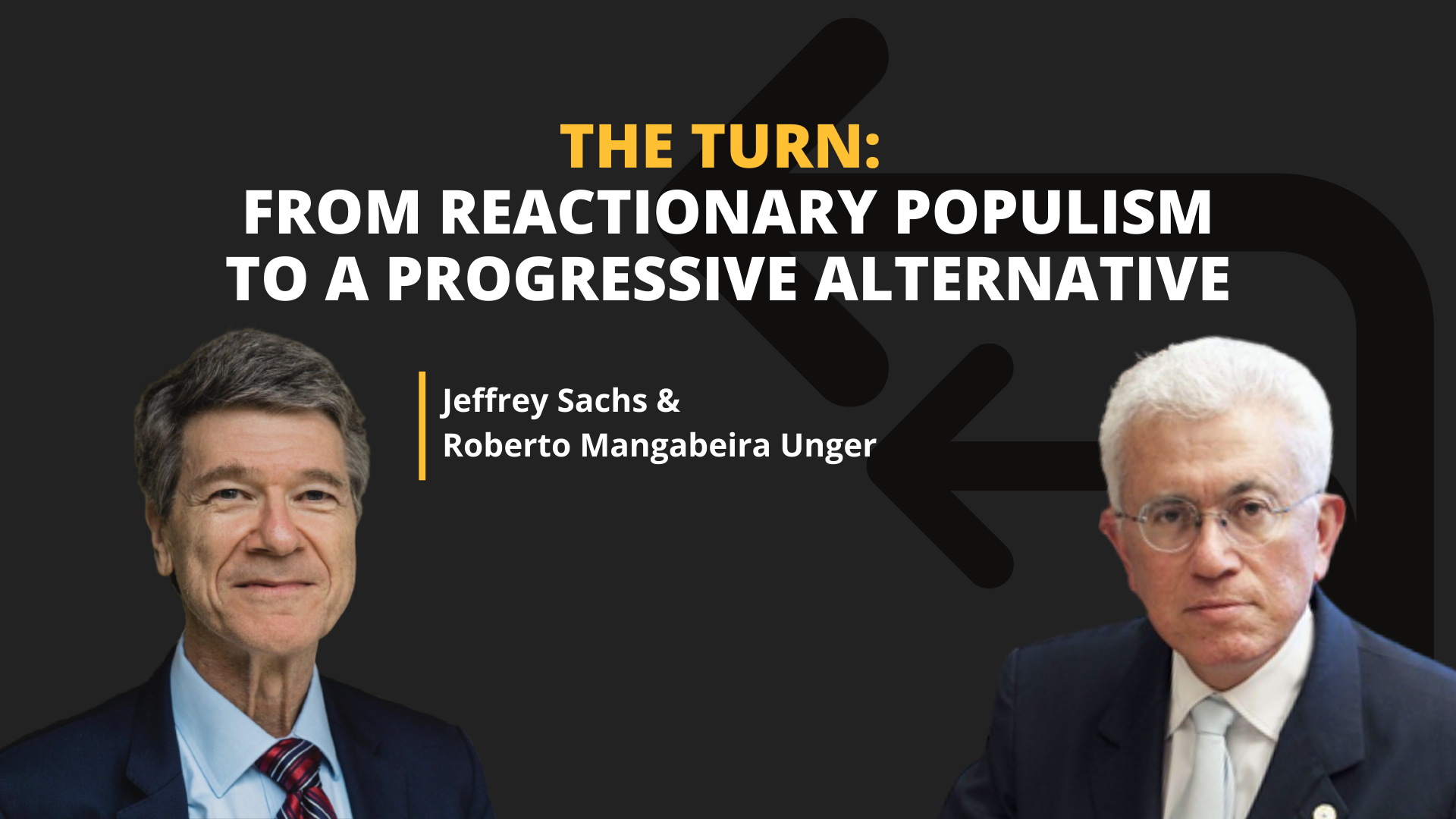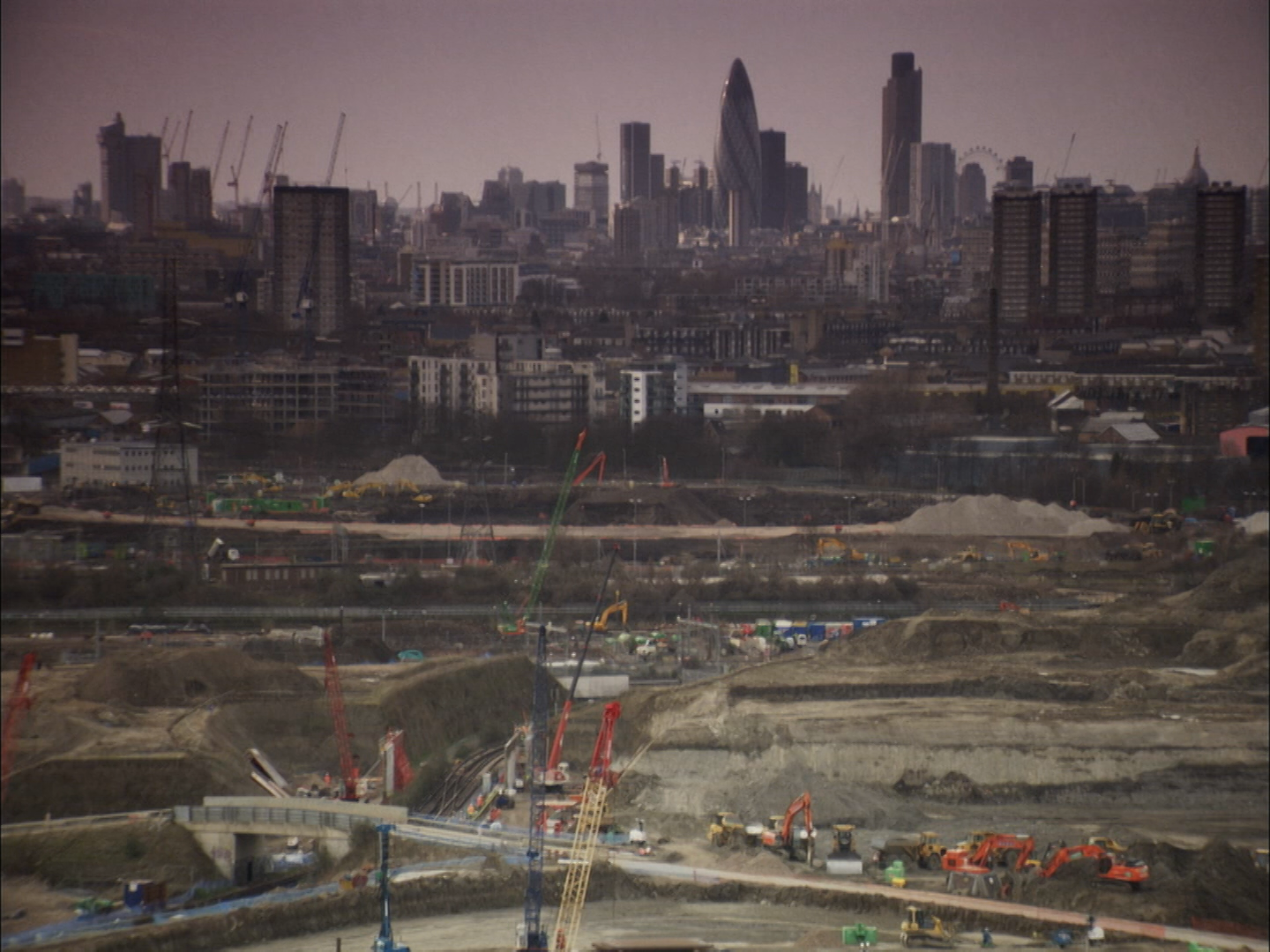In this exclusive series, political philosopher Roberto Mangabeira Unger argues that traditional progressive politics do not go far enough in their reimagining of the status quo, and lays out his vision of a truly progressive transformation of society and its institutions.
11 videos
FREE
English, Русский
A strong internet connection that can support viewing
PROGRESSIVE ALTERNATIVE

stopped working
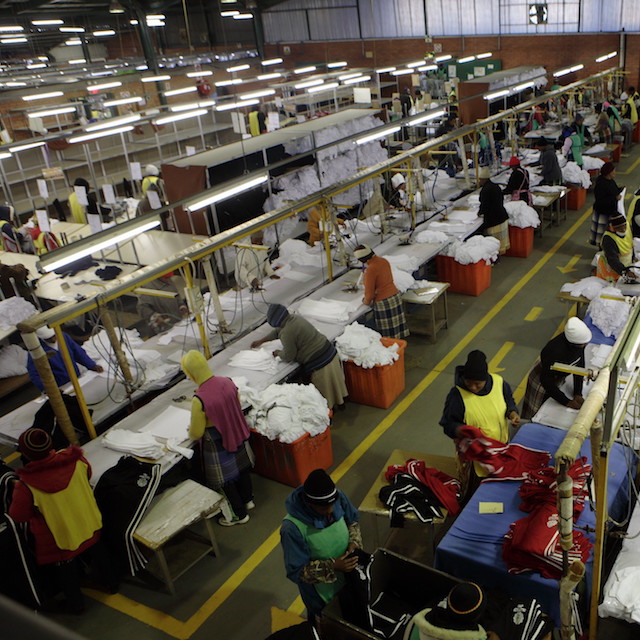
Perpetual Innovation

Structural Change

Overview
This video series is available for free in the SDG Academy Library.
structure
- Pre-recorded lectures
Lead Faculty
-
Faculty Image
Roberto Mangabeira Unger
Harvard University
This course is for
Advanced undergraduate and graduate students interested in economics and political philosophy
Policymakers and professionals who seek to encourage transformational change for sustainable development
Development practitioners who want to understand the broader context of social and economic transformation
Questions?
-
SDG Academy team
sdgacademy@unsdsn.org
Course logistics and requirements
This series is available for free in the SDG Academy Library.Certificates
There is no certificate available for this course.syllabus
Philosopher Roberto Mangabeira Unger argues that traditional progressive politics do not go far enough in their reimagining of the status quo, and sets the stage for his vision of a truly progressive alternative.
Professor Unger lays out the three axis points of his progressive alternative: democratization of the market economy, formation of the capable individual, and the deepening of democracy. These themes are explored in depth in later videos.
Professor Unger explains that traditional means of promoting economic development—industrialization via mass market production—has stopped working, and that the new vanguard of the knowledge economy must take its place.
Professor Unger outlines the characteristics of the knowledge economy and discusses what production processes must change in order to take full advantage of it.
Professor Unger argues that a truly progressive approach to the economy requires a change in the relation of labor to capital and in the nature of work. The goal, he says, is not to become free from the economy, but to become free in the economy.
Professor Unger differentiates finance from the real economy, and argues for a completely new way of thinking about the relation of finance to the economy.
Professor Unger calls for transformation in the the innovation of the market order, and outlines his vision for a progressive tax system.
Professor Unger states that for individuals to become a truly capable agent in a progressive economy, they must be supported by political and social institutions.
Professor Unger lays out his four-part vision of a truly progressive approach to education.
Professor Unger describes three sets of innovations to create a "high-energy" democracy that enables ongoing transformation.
Professor Unger concludes his vision of a progressive alternative by stating that the task of institutions is to create a world in which people can cooperate as free and equal individuals, engaging with society without being subjugated by it.
